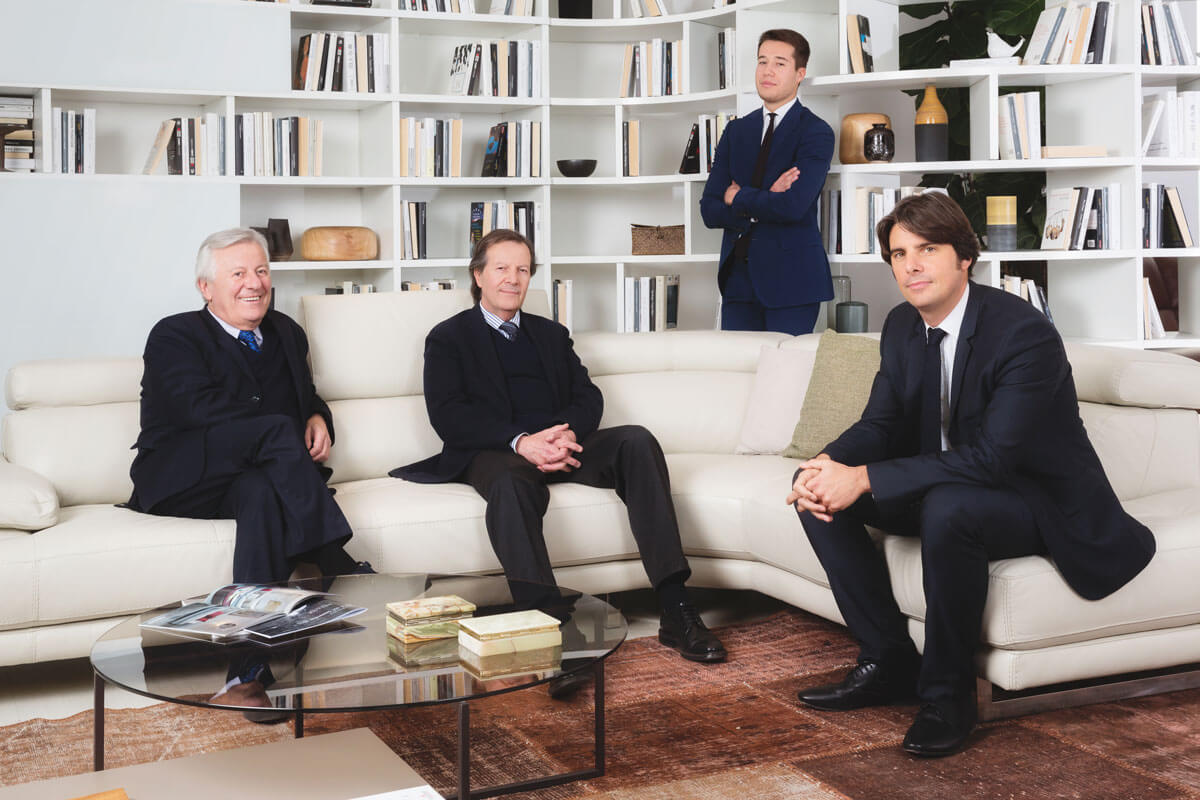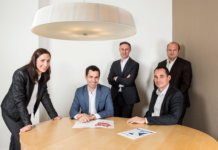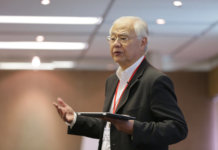Interview with Alessandro Colombo, COO of Chateau D’Ax, Italy
A successful combination of traditional values and modern management makes family-owned Chateau D’Ax a true innovator in the furniture industry. The Colombo family has been at the helm of the ever-growing enterprise for three generations and is every bit as proud of its multinational enterprise today as it was in 1948 when the company was founded with a mere handful of talented people.
Tharawat spoke to third generation member and COO of Chateau D’Ax, Alessandro Colombo, about legacy, expanding the family business and the future of the furniture industry.
Where and how did the Chateau D’Ax journey begin?
Chateau D’Ax has been a family business since its beginnings in 1948. My grandfather founded the company during the Italian reconstruction period after the Second World War. The headquarters has always been between Milan and Como, two major Northern Italian cities. The area soon became the cradle of competencies for the manufacturing of furniture goods and is now one of the main furniture industrial districts in Italy.
The name of our family company was initially Famiglia Colombo Salotti, which identified the core business of making classical sofas and, of course, ownership by the Colombo family. At the beginning the company produced and sold classically designed products that were distributed in the North. My grandfather and his son were in charge of and personally conducted delivery and customer relations. In the 1960s, during the first edition of the Furniture Trade Fair in Milan, our business gained foreign popularity, especially in France, which became our main export market. As a result, we made a marketing decision to change the name of the company. And so the brand Chateau D’Ax was created.
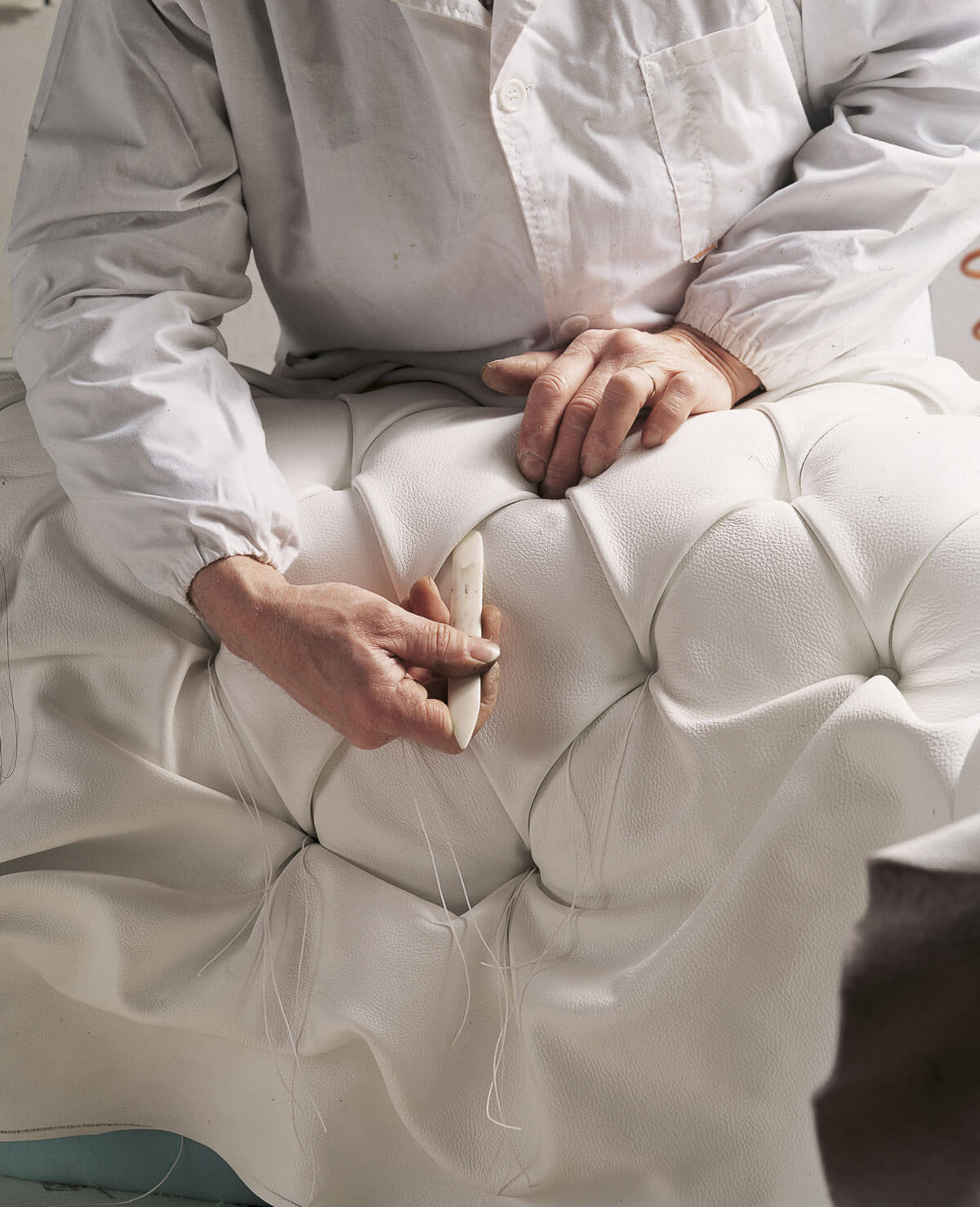
Why did you join the family business and what is your current role?
The business has been a part of my life since I was a child. My grandmother, who was not working with the company, used to take me to the office to organise and open mail. One of my most vivid memories is playing with my grandfather at the atelier and helping him fix legs onto a chair he was making. I officially started working in the company in 2001 during my last year in university. Since then, I have been responsible for international sales and business development. I am part of the third generation and together with my cousin, who just joined the company a year ago, will eventually take over. My father and uncle are still actively involved and responsible for management and production respectively.
What are the advantages of being part of a family business?
Working within a family business gives you the chance to delve straight into management and get a macro-perspective on how things work. You are exposed to the decision-making process from a young age and are able to observe the consequences of each strategic move.
Owning a business as a family affords you fantastic networking advantages. It is usually easier to meet key decision makers and executives from other businesses when they know the owner belongs to the project. Participation is associated with reliability.
Your company has seen great expansion, first through exports and then through franchising. Tell us more about your process and strategy.
Flexibility and the ability to respond to the demands of individual markets are the main factors that contributed to our successful expansion.
Growth in exports was guaranteed by the decision to expand distribution models to respective markets according to demand. We now have three different models: franchises in Europe and China, distribution in American department stores and turnkey projects for hospitality and residential developments all over the world.
The shift from independent shops to franchises was a disruptive and very innovative move. My father initiated the process in the early 1990s in Italy, followed by France and other European markets. Though franchising was strategically used to enter foreign markets, the most difficulty was faced when implementing in Italy. The first franchisees were worried about the high risk involved in implementing the innovative formula. The brave early adopters actually gained the most because of their direct stake in the business and their participation in establishing this very important milestone.
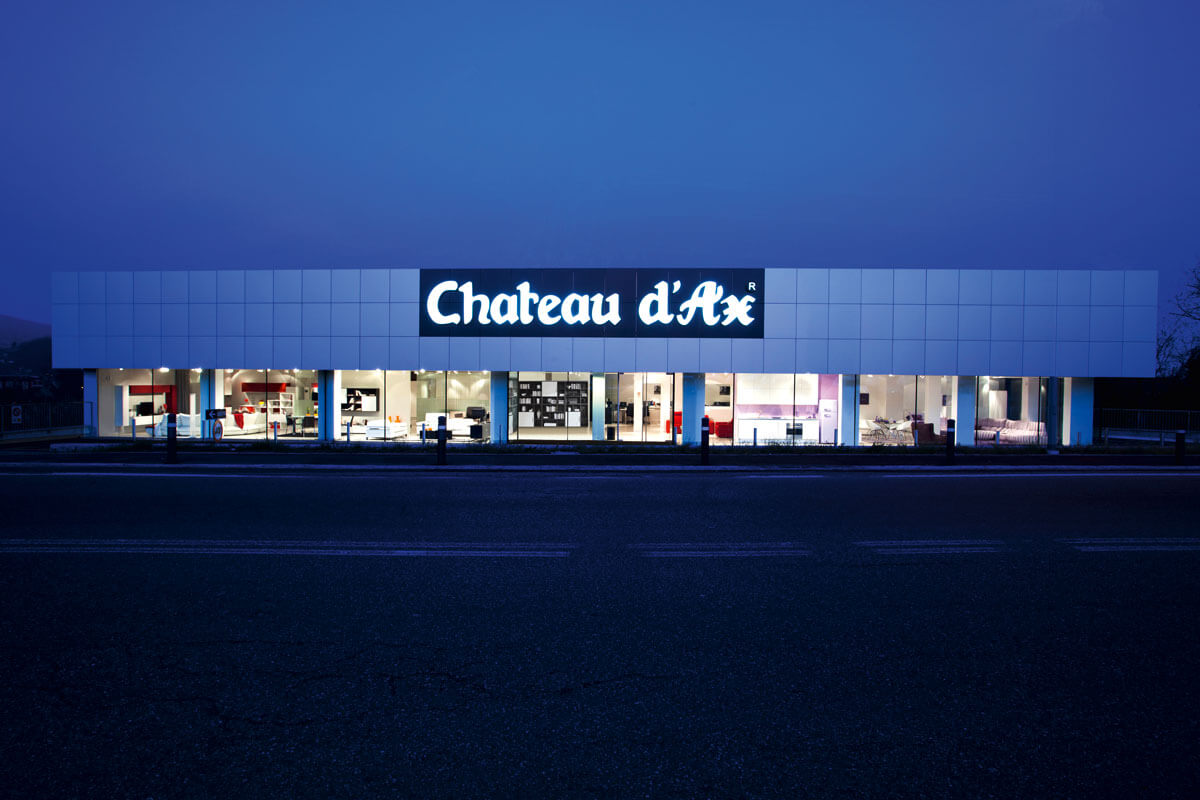
How does Chateau D’Ax transmit values and company culture to its franchises?
Chateau D’Ax has direct and indirect open dialogues with our franchisees. There are recurrent meetings that take place for a couple of days in Italy or abroad. Country franchisees are invited to meet and discuss key issues with the executives and owners during plenary sessions and informal meetings, like dinners and breaks. There are no documents or other forms of corporate communications. The transfer of values and culture originates from sharing best practices during these gatherings. Our executives stimulate the implementation of successful approaches. I still personally perform quality control by travelling and visiting franchises and their competitors. Once the areas for improvement are identified, operationalisation is assigned to area managers.
[ms-protect-content id=”4069,4129″]
Do you believe that family businesses in Italy can successfully globalise?
Know-how is a part of the DNA. Family expertise is a good starting point for globalisation, regardless of what industry the family business belongs to. Of course industries like fashion, furniture design and food benefit from the great reputation of Italian trade names and tend to achieve greater visibility. There are Italian companies that produce machineries and spare parts that are also very successful in the global market.
What industry trends do you see developing in the future?
The future of the industry will primarily be about product innovation, meaning research and development will focus on materials and designs that are affordable for Millennials. A key trend that the industry should be ready to face is the rise of a consumer-centric approach. Products are and will continue to be increasingly customised due to the automatisation of production. Finally, added value services such as insurance, fast delivery, long-term payment and the digitalisation of the value chain, will become the principal factors in building relevant competitive advantages.
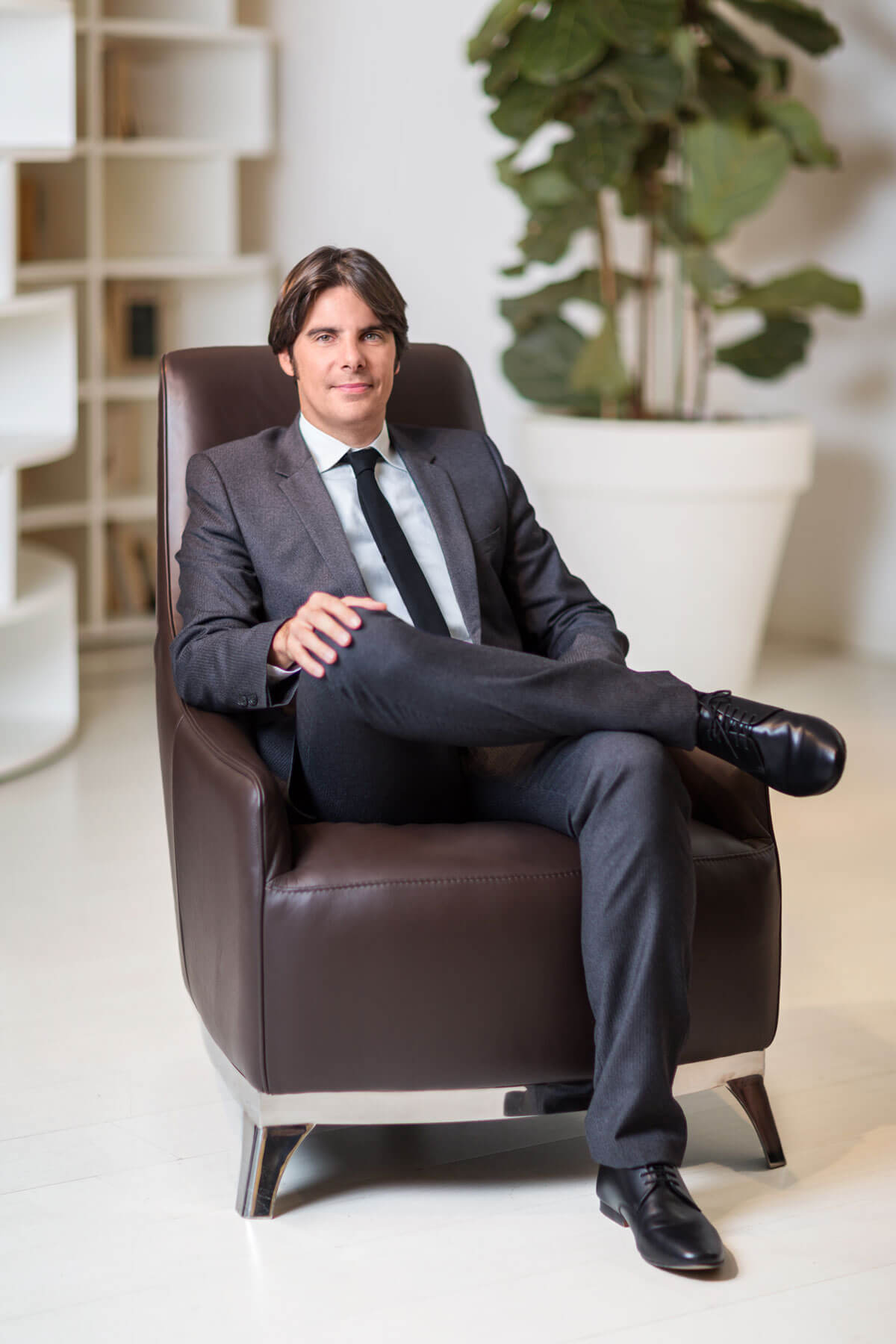
What are the company’s future plans? What achievements would you like to impart to the next generation?
Future plans include finding the right balance between professional company culture and flexibility guaranteed by having family members on the board and in more representative roles. The pillars needed to keep a family business healthy in a globally competitive arena are strong delegable and organisational structures together with a system of evaluation based on clear KPIs and objectives.
I’d like the next generation to continue passionately developing new and innovative products, processes and business models, which means taking risks. It is also important that the new generation remain close to the employees and key actors, in order to pitch relevant new ideas and concepts without the barriers created by a hierarchical system.
Tharawat Magazine, Issue 29, 2016
[/ms-protect-content]


